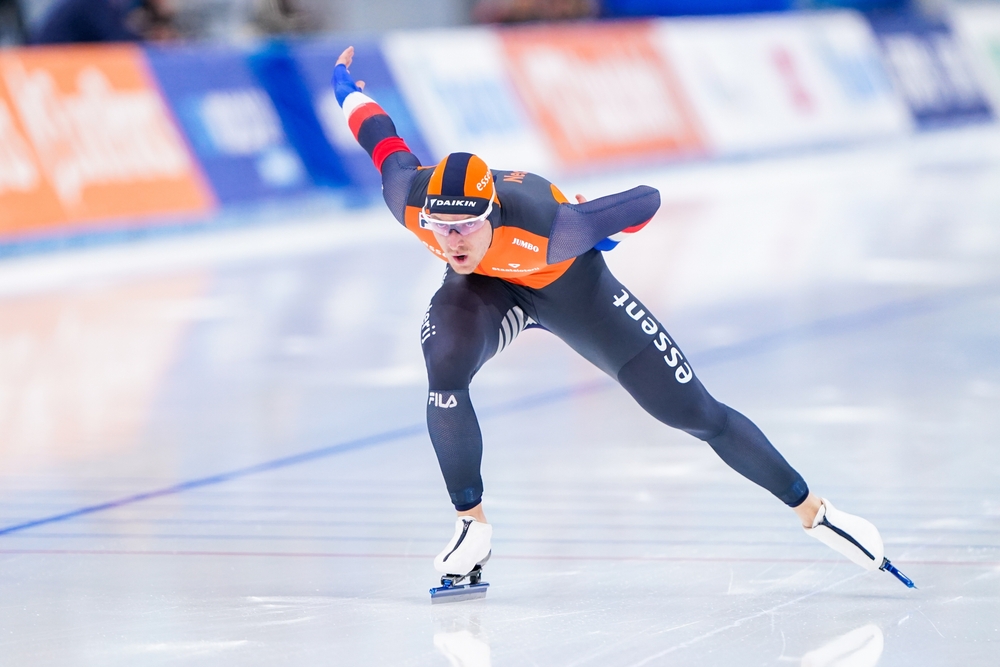The Hidden Power of Concentration: An In-depth Look at the Role of Focus in Sports Performance
The most successful athletes achieve a state of intense focus, where time seems to slow, external distractions fade away, and they feel in complete control of their actions. This is not a mystical state but rather a result of dedicated mental training. This article delves into the importance of concentration in sports, its historical context, and current trends in mental training.

A Historical Perspective: The Emergence of Mental Training
The importance of mental training in sports is not a new concept. As early as the 1920s, sports psychologists started studying the psychological aspects of sports performance. They realized that not only physical but also mental factors play a significant role in an athlete’s performance. However, it wasn’t until the 1960s that mental training methods like visualization and relaxation techniques started to be widely adopted by athletes and teams.
Current Trends: The Rise of Mindfulness in Sports
In recent years, the concept of mindfulness has gained traction in the world of sports. Mindfulness is the practice of maintaining a moment-by-moment awareness of our thoughts, feelings, bodily sensations, and surrounding environment. It’s about focusing on the present moment without judgment. Mindfulness training is now being incorporated into athletic training programs, with research suggesting it can improve focus, reduce stress, and enhance performance.
The Power of Concentration: From Theory to Practice
Concentration is a critical skill in sports. Whether it’s maintaining focus during a long tennis match or quickly refocusing after a mistake, the ability to control one’s attention can make the difference between victory and defeat. Training techniques like mindfulness, visualization, and self-talk can enhance an athlete’s ability to concentrate under pressure.
The Science of Focus: What Research Tells Us
Research in sports psychology provides compelling evidence for the role of concentration in sports performance. Studies show that athletes who train their concentration skills perform better under pressure, make fewer errors, and are more resilient in the face of adversity. These findings underscore the importance of mental training in sports.
The Future of Concentration Training in Sports: A Look Ahead
As our understanding of the mind-body connection in sports continues to evolve, the importance of concentration training is likely to grow. New technologies, such as neurofeedback and virtual reality, are already being used to enhance athletes’ ability to focus. As we move forward, it’s clear that the mental aspect of sports will continue to be a critical area of focus for athletes, coaches, and sports scientists.
In conclusion, concentration is a vital aspect of sports performance. From its historical roots to current trends and future applications, the role of focus in sports is a fascinating and complex topic. As athletes and coaches continue to recognize the power of the mind, the field of sports psychology and mental training will undoubtedly continue to evolve and expand.




